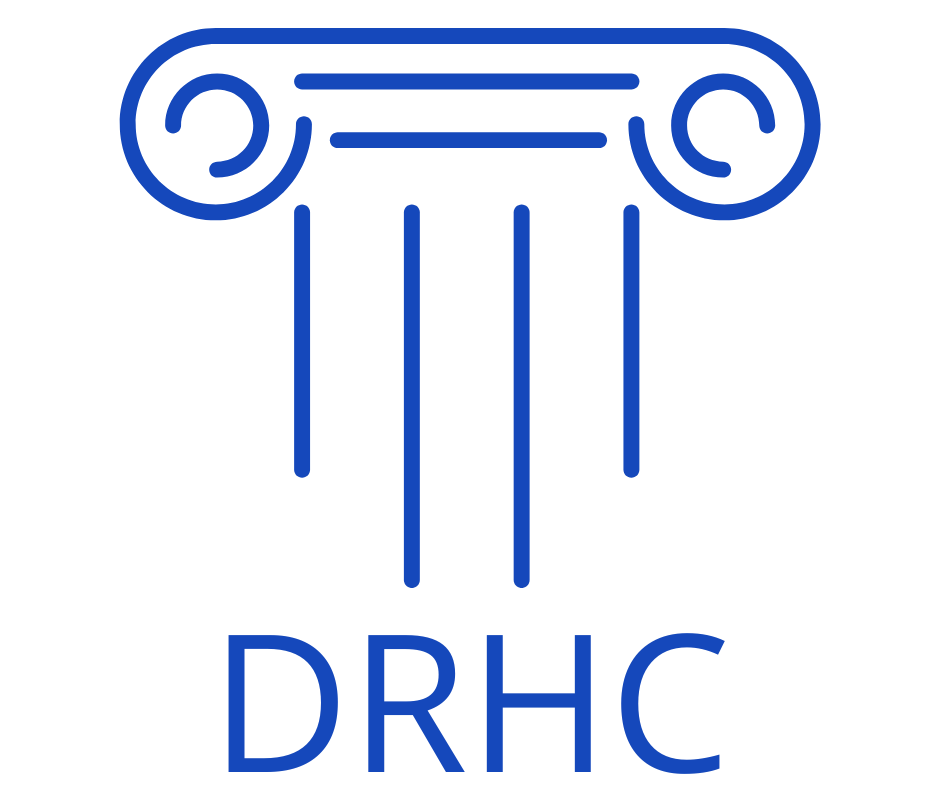
Building Resilience Through Stress Management for Healthy Aging
Sep 06, 2024Stress is an inevitable part of life, but how we respond to it can significantly impact our health and overall well-being. By effectively managing stress and cultivating resilience, we can support healthy aging, maintaining physical strength, mental clarity, and emotional balance as we grow older.
Why Stress Management Is Important for Healthy Aging
Chronic stress can contribute to increased levels of cortisol and other stress hormones, which may lead to inflammation and other health issues. Prolonged exposure to stress may speed up aging and potentially increase the risk of chronic conditions like heart disease, diabetes, and cognitive decline. While managing stress may not prevent every negative outcome, research suggests that reducing stress levels could support overall health and well-being.
Supporting our immune system, protecting heart health, and maintaining brain function are all critical components of healthy aging. Reducing stress plays an important role in preserving vitality as we age.
The Role of Resilience in Vitality
Resilience is the ability to adapt and bounce back from challenges, and it plays a key role in how we cope with stress. The more resilient we are, the better equipped we become to handle life’s pressures without negatively affecting our health. Cultivating resilience helps us cope with difficult situations, promoting a healthier and more balanced life.
Benefits of Resilience for Healthy Aging:
-
Supports Cognitive Health: Chronic stress may negatively impact brain function, leading to potential memory issues or cognitive decline. Building resilience can help preserve mental sharpness.
-
Strengthens Immune Function: Stress can weaken the immune system, making us more vulnerable to illness. Resilience may contribute to healthier immune responses as we age.
-
Promotes Heart Health: High levels of stress are associated with heart disease. By managing stress effectively through resilience, we can support cardiovascular health and overall well-being.
Practical Ways to Build Resilience
Building resilience doesn’t mean eliminating stress entirely—it’s about learning to manage stress effectively. Here are some strategies to help you build resilience and enhance your ability to manage stress for healthy aging:
1. Mindfulness & Meditation
Practicing mindfulness or meditation for just a few minutes each day can help calm the mind and reduce stress. These practices promote mental clarity and emotional grounding, making it easier to handle difficult situations.
2. Exercise Regularly
Physical activity is a natural stress reliever. Exercise releases endorphins that can elevate mood and improve mental resilience. Whether it’s walking, yoga, or strength training, regular activity supports both your body and mind.
3. Connect with Others
Social connections are vital for emotional resilience. Spending time with friends, family, or joining a community group can provide emotional support and help you navigate life’s challenges more effectively.
4. Prioritize Quality Sleep
Getting enough restful sleep is essential for maintaining resilience. Lack of sleep can increase stress hormones and make it harder for the body to recover. Good sleep habits can help you manage stress more effectively and keep your body in balance.
5. Eat a Healthy, Balanced Diet
A nutrient-rich diet filled with anti-inflammatory foods, like fruits, vegetables, and healthy fats, can help support both mental and physical well-being. Eating well may contribute to improved resilience against stress.
Vitality Through Healthy Aging
Resilience is a valuable tool for aging with vitality. By integrating stress management techniques and resilience-building practices into your daily routine, you can support your energy, protect your health, and stay vibrant as you grow older.
Call to Action
Building resilience through stress management is one way to support healthy aging and maintain vitality. Even small changes in your daily routine can make a difference over time. Take the steps today to cultivate resilience and protect your health so you can thrive as you age.
With my best,
Debbie
Disclaimer:
The information provided in this blog is intended for educational and inspirational purposes only and should not be considered as medical advice. Always consult with a qualified healthcare professional or your healthcare provider before making any changes to your health, diet, or lifestyle, particularly in relation to stress management or aging-related health concerns. Personal experiences shared are individual and may not apply to everyone. Debbie Roppo Health Coach and its affiliates are not liable for any decisions made based on the information provided in this blog.
Transform Your Wellness Journey
Get weekly tips and inspiration in your inbox . . .
We hate SPAM. We will never sell your information, for any reason.

